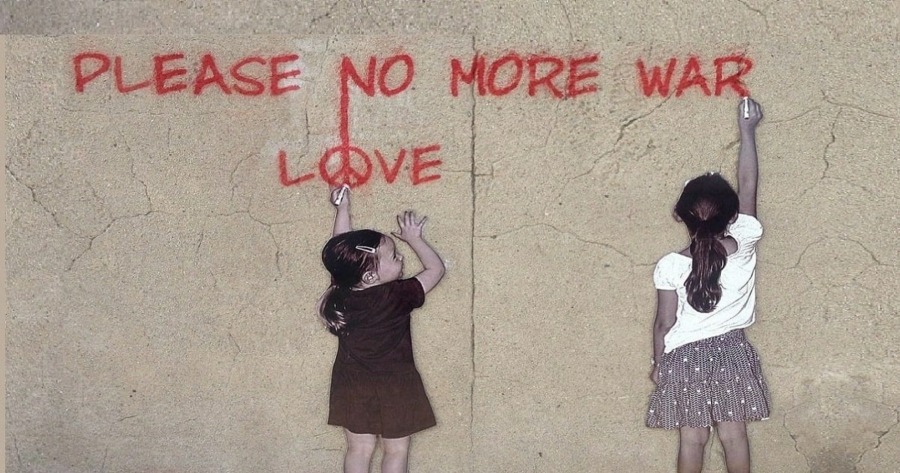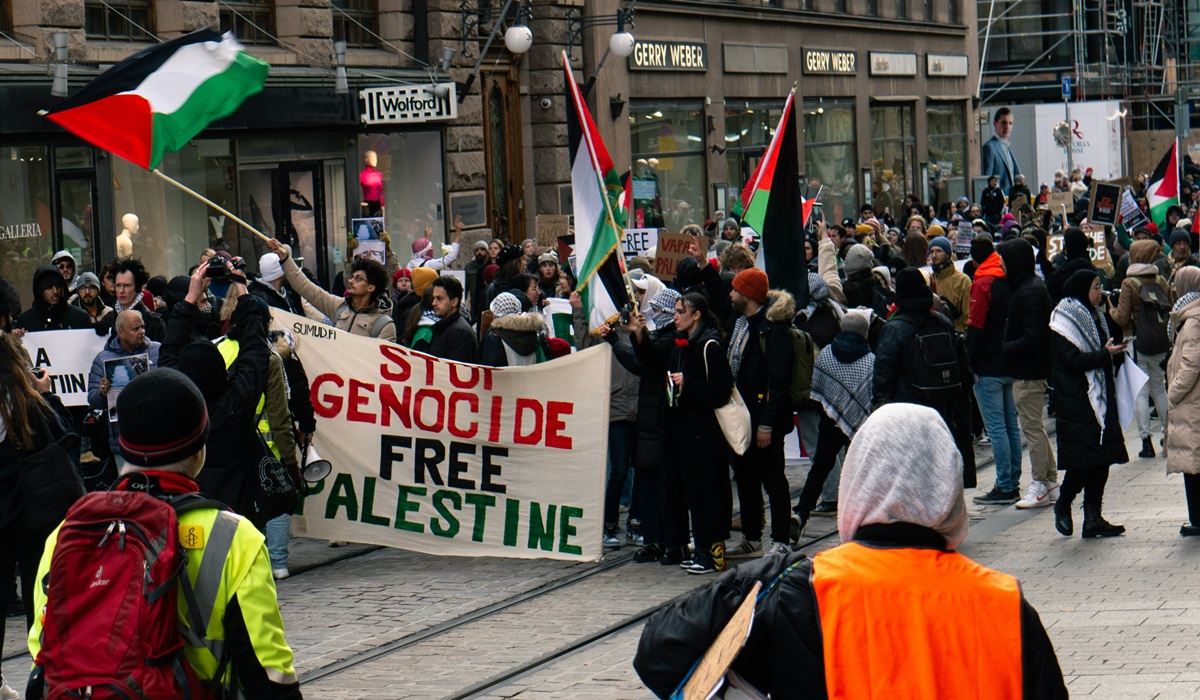Myanmar has been embroiled in a deadly conflict since the political coup 2021, resulting in widespread suffering, violence, and loss of life. A new report by the Peace Research Institute Oslo (PRIO) sheds light on the staggering human toll of the conflict, revealing that over 6,000 civilians have been killed in the first 20 months following the coup. This figure is significantly higher than previously reported by international bodies, including the United Nations. The report highlights the responsibility of both the military junta and anti-junta forces for the escalating violence. It emphasizes the urgent need for international intervention to protect civilians and restore regional stability.
The PRIO report, titled ‘Counting Myanmar’s Dead – Reported Civilian Casualties since the 2021 Military Coup,’ draws data from the Township-based Conflict Monitoring System maintained by the Myanmar Institute for Peace and Security and two other datasets. These sources reveal that between February 1, 2021, and September 30, 2022, the Myanmar military, police, and affiliated militia were responsible for over 3,000 reported civilian deaths. During the same 20-month period, anti-coup resistance groups accounted for over 2,000 civilian deaths, while unspecified perpetrators were responsible for at least 1,000 civilian fatalities. The actual numbers are believed to be even higher, as many killings likely went unreported.
The study also highlights that politically motivated murders, rather than collateral killings during armed clashes, constitute the primary form of violence against civilians in urban and rural areas since the coup. This trend is particularly pronounced in regions predominantly populated by the ethnic Burman majority, including major cities like Yangon and Mandalay. Shockingly, the report reveals that at least 67 percent of reported civilian fatalities were politically motivated murders. Among the regions most severely affected by the conflict are Sagaing, Magway, Mandalay, and Yangon, which have witnessed significant numbers of civilian deaths due to repression in the initial months after the coup and targeted political assassinations in subsequent months.
Adding to the grim situation, Myanmar’s military regime plans to hold a general election in the latter half of 2023, effectively excluding major opposition parties such as the National League for Democracy, which won resounding victories in the 2015 and 2020 elections. The report warns that the risk of election-related violence is alarmingly high, with incidents already being reported and threats against civil servants working on behalf of the regime’s election efforts. The potential for politicide, including large-scale retaliatory killings, looms if the civil war escalates further, necessitating immediate attention and action from international bodies such as the United Nations and the Association of Southeast Asian Nations (ASEAN).
The PRIO report makes several recommendations to address the ongoing crisis. Firstly, it urges the United Nations to enhance its observation and documentation of civilian deaths in Myanmar, in line with Security Council Resolution 2669, regardless of the perpetrators’ political affiliations. This resolution calls for an end to all violence, encourages restraint, and emphasizes the reduction of tensions. The report further calls upon all parties involved in the conflict to engage in dialogue and prioritize the protection of civilians. The international community must recognize the situation’s urgency, respond to the alarming loss of life, and work towards a sustainable resolution that upholds human rights and restores peace and stability in Myanmar.
The deadly conflict in Myanmar since the political coup has resulted in an unprecedented loss of life, with the PRIO report documenting over 6,000 civilian deaths in the first 20 months alone. The report emphasizes that the responsibility for this violence lies with both the military junta and anti-junta forces. The impending election raises concerns about a further escalation of violence, including the potential for politicide. Urgent international intervention is required to protect civilians and foster meaningful dialogue among all parties involved. It is imperative that the United Nations and other global bodies prioritize the plight of the Myanmar people, ensure the accurate documentation of civilian casualties, and work towards a peaceful resolution that restores stability to the region.









